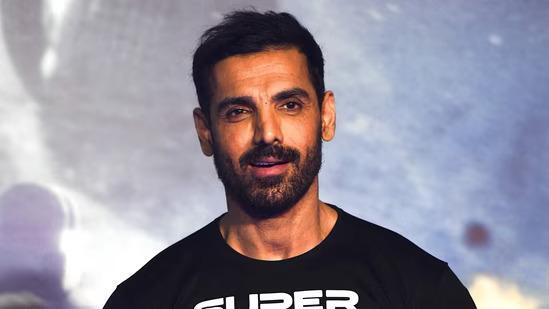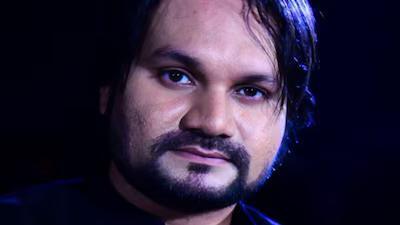
Will Never Do Films that are Made to Sway People Politically: John
In a recent interview, actor John Abraham sparked a heated debate in the Bollywood industry by expressing his concerns about films that are made with the intention of swaying people’s political views. His comments came in response to the recent success of movies like “Chhaava” and “The Kashmir Files”, which have been accused of promoting a specific political ideology.
When asked about these films, John Abraham was forthright in his opinions. “When films are made with intent to sway people in a hyper-political environment and find an audience, that’s scary for me,” he said. “I’ve never been tempted, and I’ll never make those kind of films.”
John’s comments have set off a chain reaction in the industry, with many questioning the role of cinema in shaping public opinion. While some have defended the right of filmmakers to express their political views, others have expressed concerns about the potential impact of such films on society.
But what drove John to make these comments? According to the actor, it’s a deep-seated commitment to staying true to his artistic vision. “As an artist, I’ve always believed that my job is to tell stories that resonate with people, not to manipulate them into a particular ideology,” he said.
John’s views are not surprising, given his reputation as a thoughtful and nuanced actor. Throughout his career, he has been known for his willingness to take on complex and challenging roles, often to great critical acclaim.
In fact, John’s latest film, “Tehran”, is a prime example of his commitment to storytelling over ideology. The movie, which premiered at the Berlin International Film Festival, tells the story of an Indian spy who goes undercover in Iran during the 1980s.
While the film has been praised for its gripping plot and nuanced performances, it has also been criticized for its perceived pro-Pakistan bias. However, John has remained steadfast in his defense of the film, arguing that it is a work of art rather than a political statement.
“Film is a powerful medium, but it’s not a tool for political propaganda,” he said. “My job as an actor is to bring characters to life, not to sway people’s opinions. When I take on a role, I try to immerse myself in the character’s world and tell their story in a way that resonates with audiences.”
Of course, John’s comments have not gone unnoticed in the industry. Many have praised the actor for his courage in speaking out against the trend of making films that are designed to sway people’s political views.
As a filmmaker, I have always believed that the role of cinema is to challenge and inspire audiences, rather than to manipulate them into a particular ideology. John’s comments are a powerful reminder of the importance of staying true to our artistic vision, even in the face of pressure from others.
In the end, John’s comments are a testament to the power of art to transcend politics and connect with people on a deeper level. As an industry, we would do well to remember that our job is to tell stories that resonate with people, not to sway them into a particular ideology.
Sources:






